Mercedes-Benz stands as a leader in the luxury automotive industry, renowned for its innovation, craftsmanship, and premium vehicle lineup. Beyond performance and elegance, Mercedes-Benz’s financial strength sustains its dominance.
With a history tracing back to Carl Benz, Gottlieb Daimler, and the pioneering days of Daimler-Motoren-Gesellschaft, the company has evolved into a global powerhouse. Each year, its financial performance reflects the impact of shifting market conditions, technological advancements, and strategic decisions. From unit sales and net profit to cash flow and adjusted return, every financial metric helps paint a picture of Mercedes-Benz AG’s success.
This article explores Mercedes-Benz’s annual revenue and profitability trends. We break down recent financial figures, assess divisional performance, and analyze key profit factors. We’ll also touch on shareholder returns, recent financial challenges, and the company’s future outlook in a competitive automotive industry.
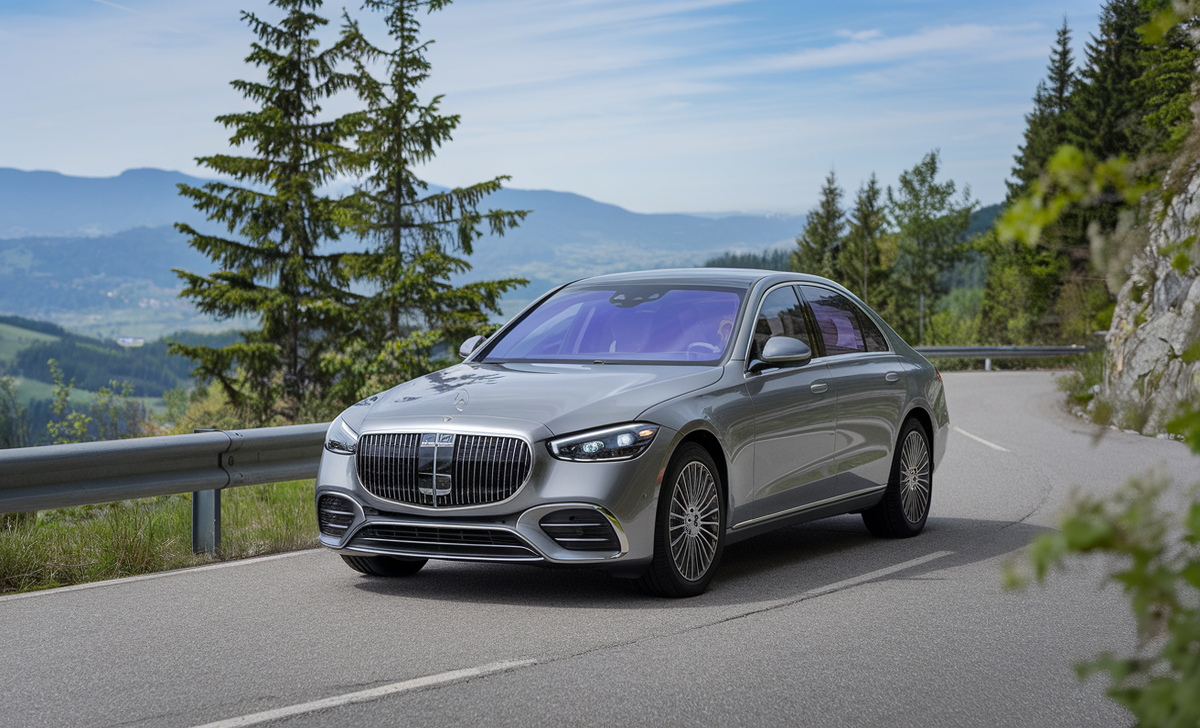
Key Takeaways
- Strong Revenue Growth: Mercedes-Benz Group AG reported €153.2 billion in revenue for 2023, reflecting steady financial expansion.
- Profitability & Efficiency: Achieved €19.7 billion EBIT, supported by cost optimization, high-end model sales, and strong financial services.
- Luxury & EV Focus: Increasing investment in electric vehicles (EVs), digitalization, and sustainability to maintain market leadership.
- Shareholder Returns: A Stable dividend policy and share buyback programs enhance investor confidence and long-term value.
- Future Outlook: Expansion in EV production, financial services, and high-tech luxury vehicles to sustain profitability.
Overview Of Mercedes-Benz Group
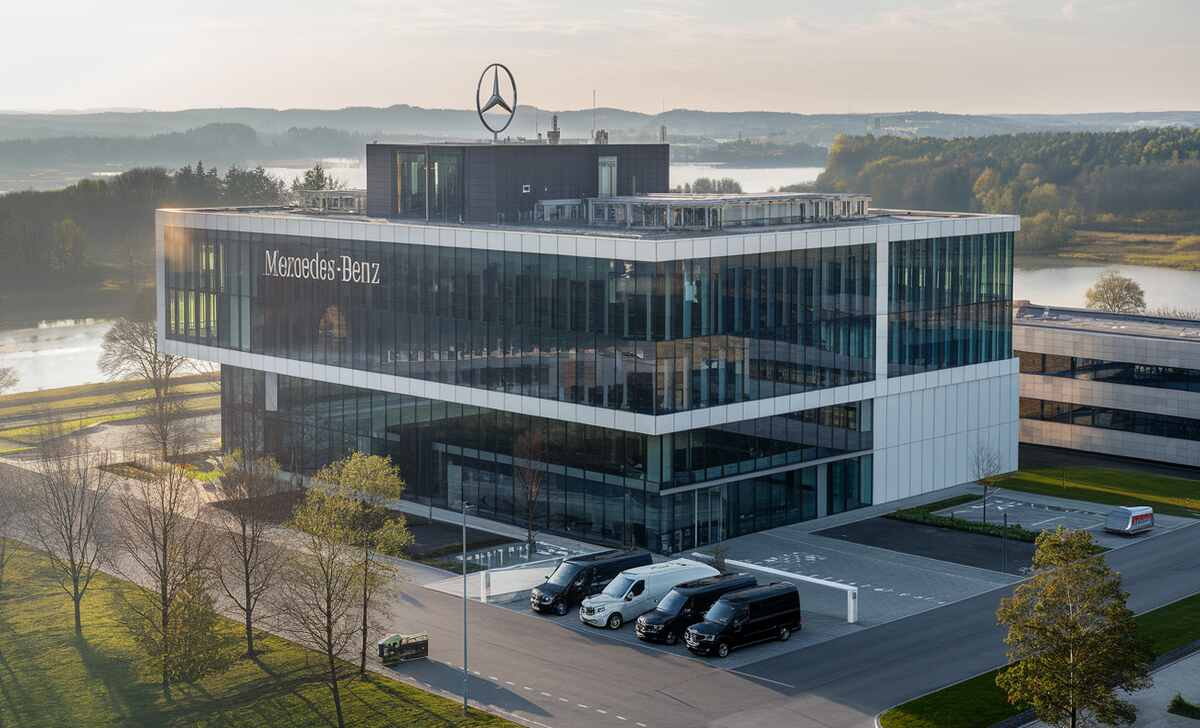
Mercedes-Benz Group AG has experienced both growth and challenges over the past decade, reflecting shifts in market conditions, evolving consumer preferences, and intense competition in the luxury car segment.
Despite fluctuations, the company has maintained a strong financial position, driven by demand for high-end vehicles, electric mobility, and premium automotive services. The brand’s strategic focus on technological innovation, profitability, and sustainability continues to shape its long-term financial performance.
Revenue Trends Over The Past 5-10 Years
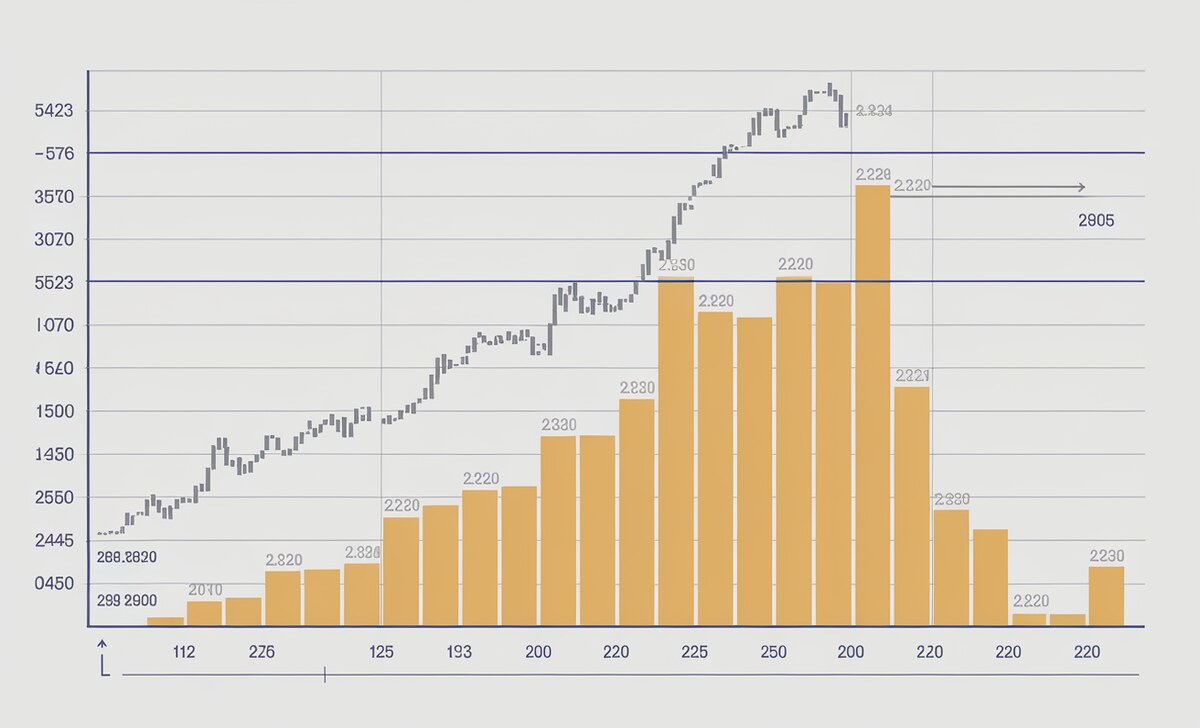
Mercedes-Benz has demonstrated remarkable financial resilience over the past decade, maintaining steady revenue growth despite economic fluctuations. The company’s strong presence in key markets, particularly the Chinese and U.S. markets, has been a major driver of this success.
However, global market conditions, including supply chain disruptions and semiconductor shortages, posed challenges, especially during 2021-2022. By the second quarter of 2023, the brand rebounded, supported by strategic pricing, high demand for luxury vehicles, and an expanding electric vehicle (EV) lineup.
- Steady Growth: Mercedes-Benz has consistently expanded its group revenue, overcoming economic downturns.
- Market Challenges: Supply chain disruptions and semiconductor shortages impacted unit sales, particularly in 2021-2022.
- Competitor Landscape: Faces stiff competition from BMW, Audi, and Tesla, with Tesla leading the EV market, while Mercedes-Benz balances luxury EVs and internal combustion models.
Key Financial Metrics For 2023-2024
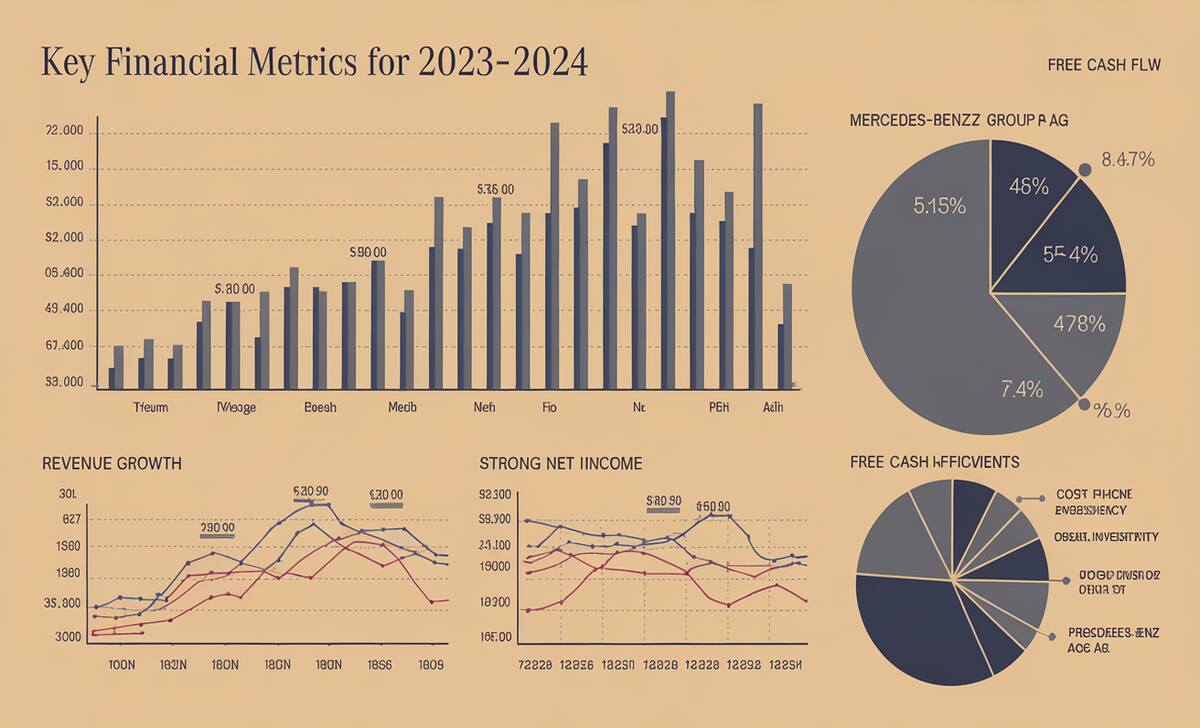
Mercedes-Benz Group AG saw steady revenue growth, with strong net income and free cash flow. Unit sales in luxury vehicles remained high while profitability improved through cost efficiency and strategic investments.
Annual Revenue Summary
Mercedes-Benz Group AG achieved steady revenue growth in 2023, driven by strong unit sales in the luxury segment and continued demand for premium vehicles.
Despite challenges in the automotive industry, including fluctuating market conditions and rising production costs, the company leveraged its brand strength and pricing power to sustain profitability. Diverse revenue streams, including Mercedes-Benz Vans and financial services, also contributed to overall financial stability.
Net Profit Analysis
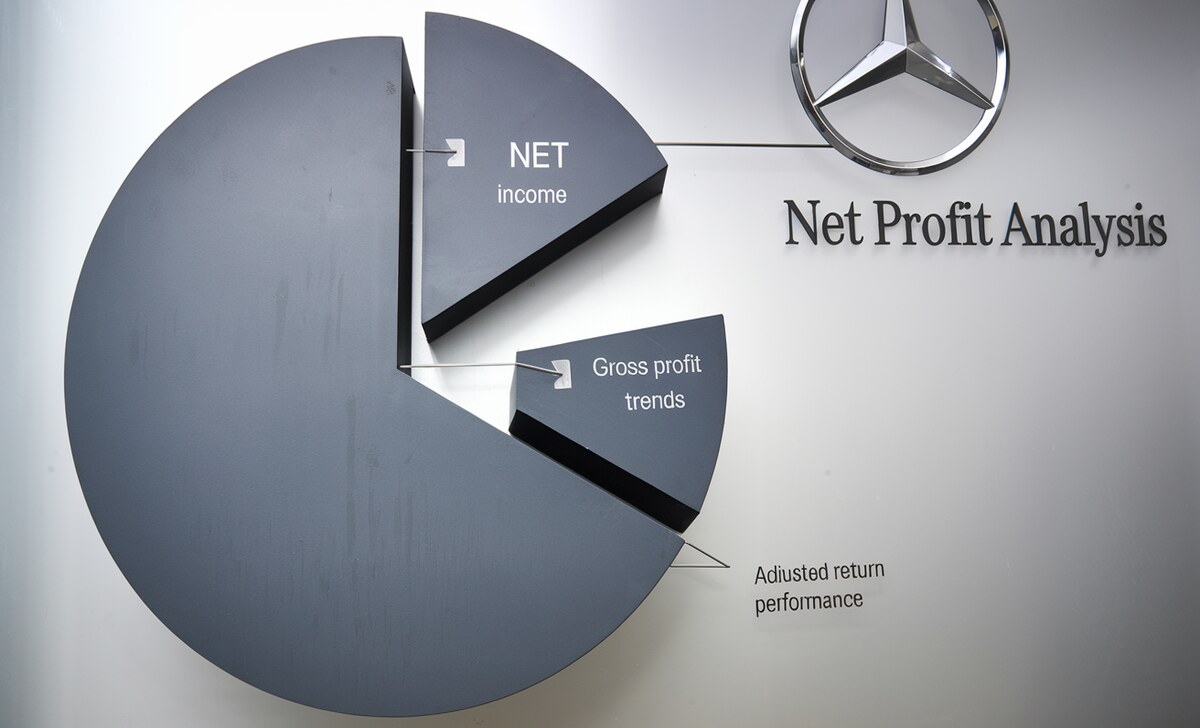
- Strong Net Income: Mercedes-Benz delivered solid net income, focusing on cost optimization, efficiency improvements, and a balanced portfolio of internal combustion, hybrid, and electric vehicles.
- Gross Profit Trends: Despite economic pressures, the company strengthened gross profit margins, benefiting from strategic pricing, streamlined production, and higher-end model sales.
- Adjusted Return Performance: The adjusted return on sales remained competitive, reinforcing Mercedes-Benz’s position as a leader in luxury vehicles while maintaining long-term financial sustainability.
Insights From The Mercedes-Benz Group Annual Report
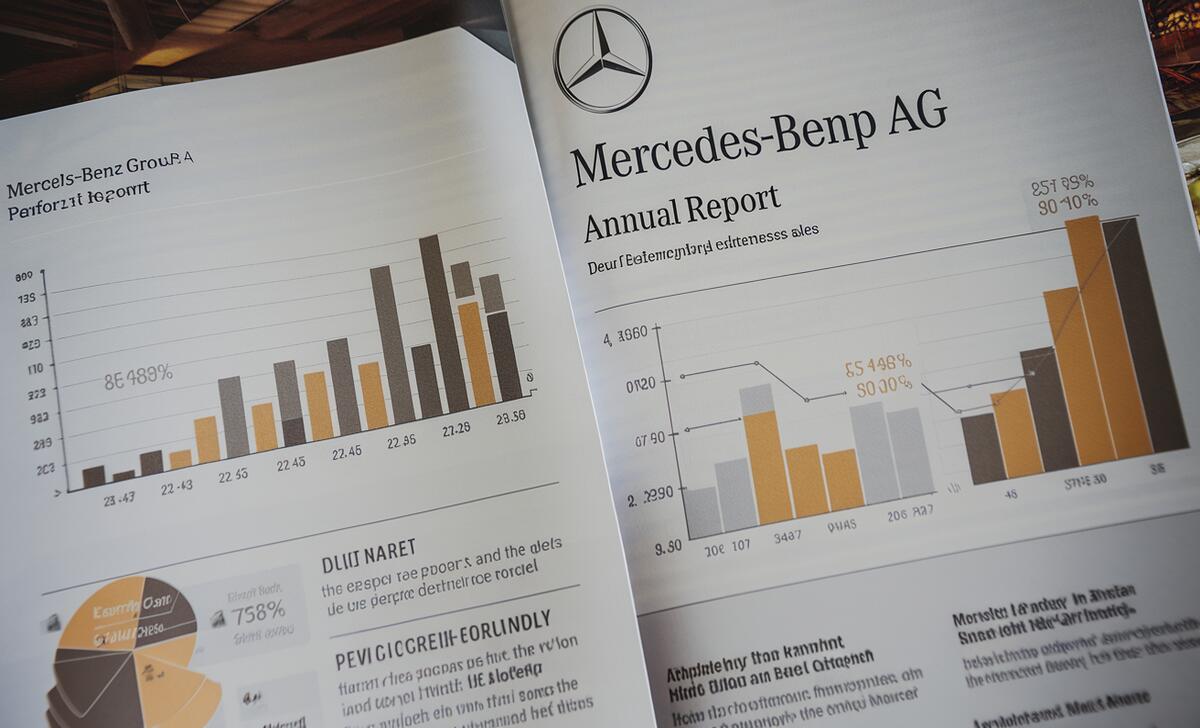
Mercedes-Benz Group AG continues to focus on long-term financial stability by investing in cutting-edge technology, sustainability initiatives, and manufacturing advancements.
The company’s strategic push toward electric vehicles (EVs), digital services, and autonomous driving has strengthened its competitive edge. These investments, coupled with disciplined financial management, have helped maintain profitability even amid economic uncertainties.
- Investments in Innovation: Increased spending on EV production, AI-driven manufacturing, and digital services.
- Strong Free Cash Flow: Ensured liquidity to support expansion and R&D.
- Stable Net Liquidity: Maintained financial resilience despite market fluctuations.
Divisional Performance
Mercedes-Benz Group AG’s divisional performance reflects its diversified revenue streams, with strong contributions from its automotive, financial services, and van divisions. The company’s ability to adapt to market trends, expand its product lineup, and enhance financial offerings has helped sustain growth and profitability.
- Automotive Division: The Mercedes-Benz Car division remains the largest revenue driver, with high unit sales of luxury sedans and SUVs, particularly the S-Class, GLE, and the EQ electric lineup.
- Financial Services: Mercedes-Benz Financial Services expanded its leasing and financing portfolio, providing flexible ownership options that contributed to higher customer retention and profitability.
- Mercedes-Benz Vans: Sales remained steady, with demand increasing in both commercial and personal vehicle segments, driven by fleet expansions and e-commerce logistics growth.
Factors Influencing Profitability
Technological innovation, premium design strategies, and efficient cost management shape Mercedes-Benz Group AG’s profitability. The company sustains strong financial performance despite industry challenges by continuously investing in advanced technology and refining its luxury appeal.
- Technology’s Role: Mercedes-Benz leverages AI-powered driving systems, software-defined vehicles, and electrification to enhance efficiency, safety, and overall vehicle appeal, driving higher profitability.
- Design Strategy Impact: A commitment to luxury, craftsmanship, and innovation allows Mercedes-Benz to maintain premium pricing, strong brand loyalty, and highly adjusted return margins, ensuring long-term financial success.
Shareholder Returns And Policies
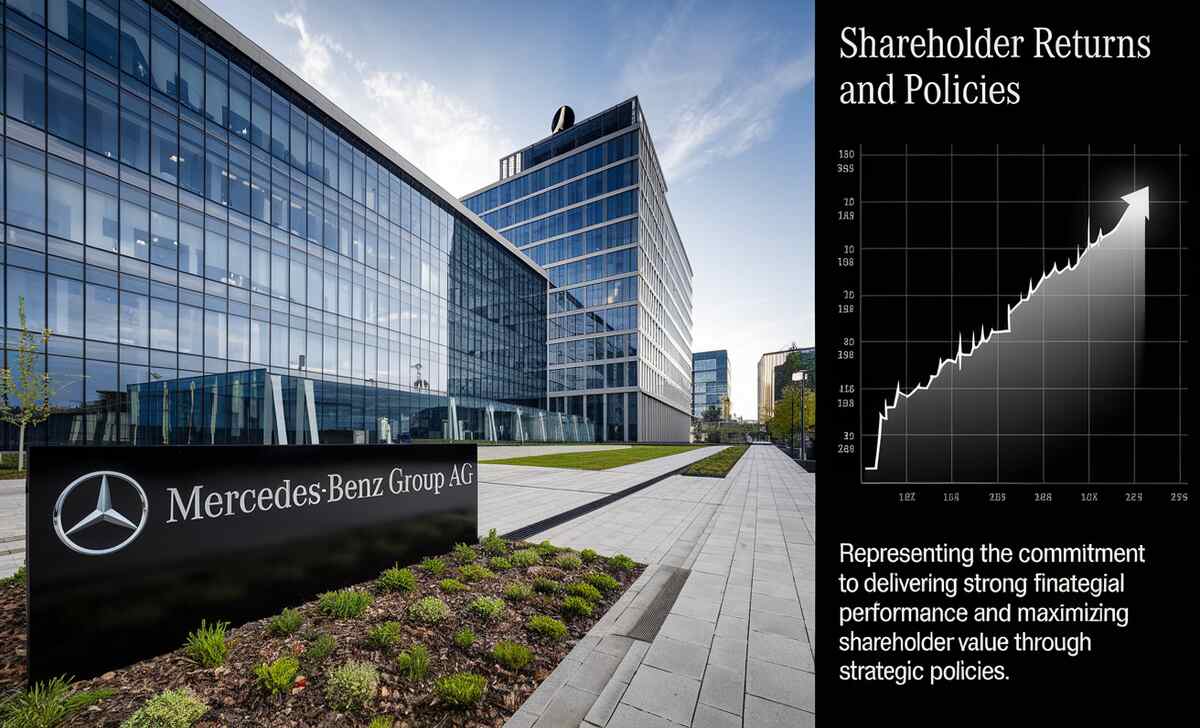
Mercedes-Benz Group AG remains committed to delivering strong financial performance and maximizing shareholder value through strategic policies. The Supervisory Board has maintained a stable dividend policy, ensuring consistent payouts to investors.
Additionally, the company has implemented an active buyback policy, repurchasing shares to enhance group net income and strengthen overall market confidence. These initiatives reflect Mercedes-Benz’s focus on long-term profitability, financial stability, and investor trust.
Recent Financial Performance (2023-2024)
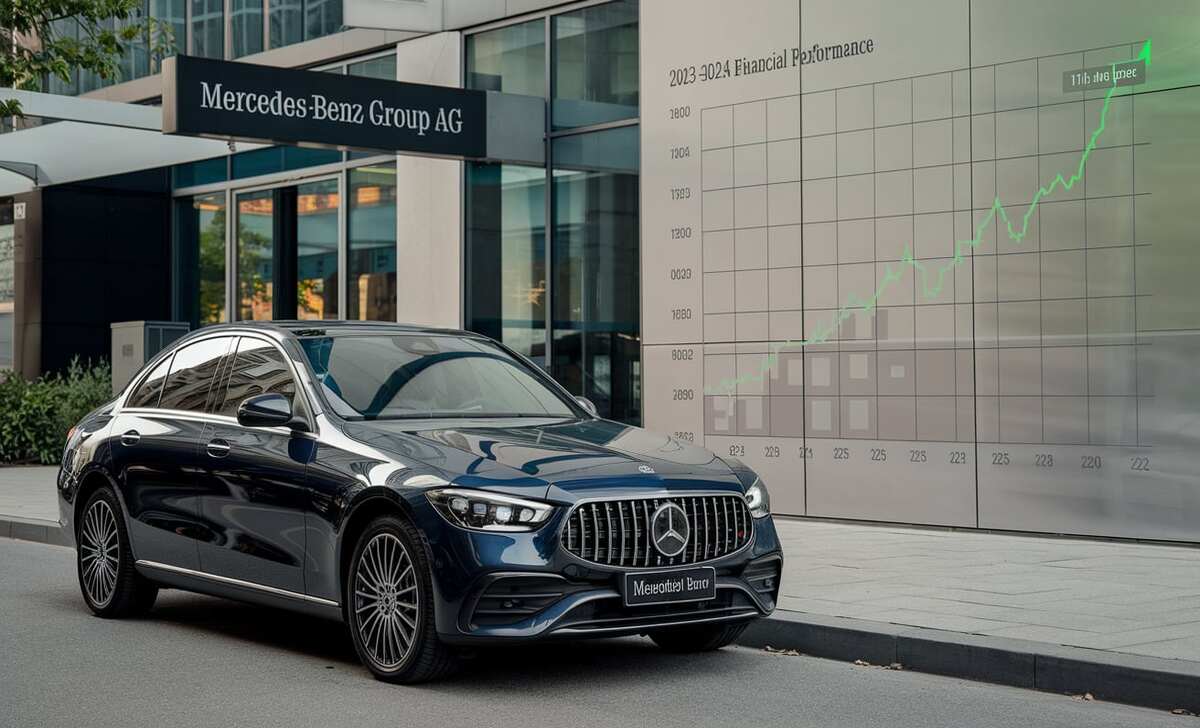
Mercedes-Benz Group AG demonstrated steady financial performance despite global economic challenges. The company reported revenue growth and a strong net income, supported by its luxury vehicle portfolio and expansion in electric mobility. However, market fluctuations, particularly in the Chinese market, and rising raw material costs impacted overall profitability.
- Revenue Growth: Increased group net income compared to the prior year level.
- Challenges: Higher raw material costs and fluctuating unit sales in key markets.
- Cost Efficiency Strategies: Optimized production efficiency while maintaining premium quality.
- EV Expansion: Strengthened industrial business with a focus on Mercedes-Benz EQ models.
Future Outlook And Growth Strategies
Mercedes-Benz is positioning itself for long-term success by accelerating its shift toward sustainable mobility and digital innovation. The company is heavily investing in electric vehicle (EV) production, hydrogen-powered technology, and advanced software solutions to remain competitive in the evolving automotive industry.
With a strong focus on luxury and cutting-edge technology, Mercedes-Benz aims to strengthen its financial performance and maintain its status as a leader in the premium vehicle market.
- Sustainable Transition: Expanding EV production and advancing hydrogen-powered vehicle research to meet future emission regulations.
- Luxury EV Demand: Customers are increasingly seeking smart, high-tech, and premium features in their vehicles.
- Financial Services Expansion: Growth in leasing and flexible financing solutions will drive group revenue and support Mercedes-Benz Financial Services.
Conclusion
Mercedes-Benz continues to showcase strong financial performance, adapting to changing market conditions while maintaining its luxury brand positioning.
Despite challenges such as rising raw material costs, global economic fluctuations, and competition from Tesla and BMW, the company’s focus on high-end electric vehicles, digital services, and financial efficiency ensures steady growth. Strategic investments in technology, sustainability, and premium vehicle production reinforce its leadership in the automotive industry.
Looking ahead, Mercedes-Benz’s profitability and revenue trends will be shaped by its commitment to innovation, shareholder returns, and market expansion. By staying true to the vision of Carl Benz and Gottlieb Daimler, the company is well-positioned for long-term success in the luxury automotive sector.
FAQs
1.What Was Mercedes-Benz Group’s Revenue In 2023?
In 2023, Mercedes-Benz Group AG reported revenues of €153.2 billion, reflecting a steady increase from the previous year’s €150.0 billion.
2.How Did Mercedes-Benz’s Profitability Compare To Its Competitors In 2023?
Mercedes-Benz Group AG achieved an EBIT of €19.7 billion in 2023, maintaining a strong position in the luxury automotive segment alongside competitors like BMW and Audi.
3.What Role Does Mercedes-Benz Bank Play In The Company’s Financial Growth?
Mercedes-Benz Bank AG offers financing solutions, including leasing and loans, which enhance cash flow stability and expand the company’s financial services portfolio.
4.How Does Mercedes-Benz’s Share Buyback Policy Affect Investors?
The company’s share buyback policy reduces the number of outstanding shares, potentially increasing earnings per share and enhancing shareholder value.
5.What Are Mercedes-Benz’s Future Financial Strategies?
Mercedes-Benz Group AG focuses on sustainable mobility by investing in electric and hydrogen-powered vehicles, aligning with forward-looking statements to maintain competitiveness.
6.How Did Mercedes-Benz Vans Perform In 2023?
Mercedes-Benz Vans contributed 12.8% to the group’s revenue in 2023, reflecting its significant role in the company’s overall performance.
7.Who Are The Founders Of Mercedes-Benz?
Mercedes-Benz was founded by Karl Benz and Gottlieb Daimler, pioneers in the automotive industry.
8.What Is The Historical Significance Of Daimler-Motoren-Gesellschaft?
Daimler-Motoren-Gesellschaft, co-founded by Gottlieb Daimler, was a precursor to Mercedes-Benz, playing a crucial role in early automotive development.
9.How Did The Merger With Chrysler Corporation Impact Mercedes-Benz?
The merger with Chrysler Corporation in the late 1990s aimed to create a global automotive powerhouse but faced challenges, leading to a later separation.
10.Who Is The Current CEO Of Mercedes-Benz Group AG?
As of 2023, Ola Källenius serves as the CEO of Mercedes-Benz Group AG, leading the company’s strategic direction.
11.What Is Mercedes-Benz’s Approach To Financial Services?
Through Mercedes-Benz Financial Services, the company offers a range of financial products, including leasing, financing, and insurance, to support vehicle sales.
12.How Does Mercedes-Benz Ensure That Forward-Looking Statements Align With Its Strategies?